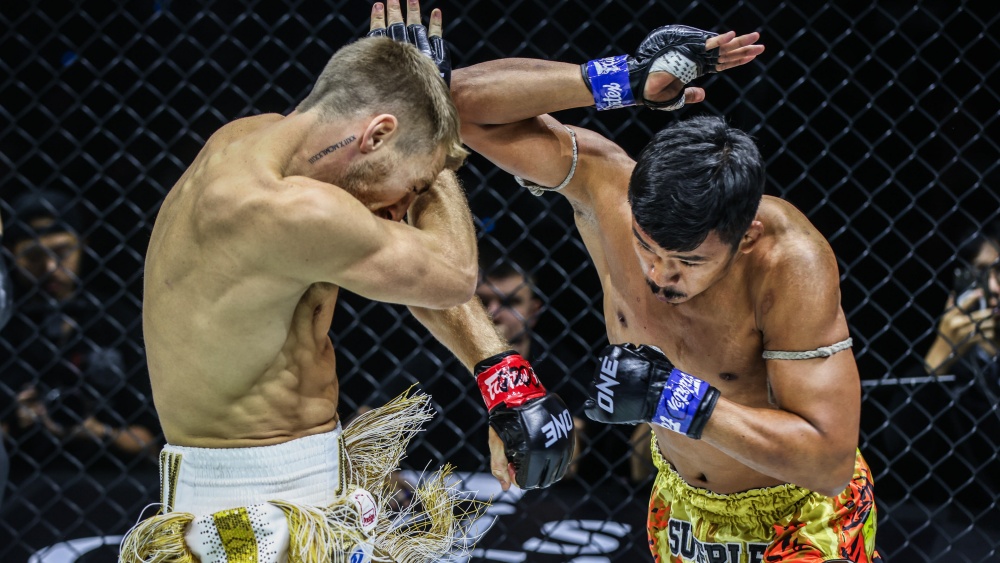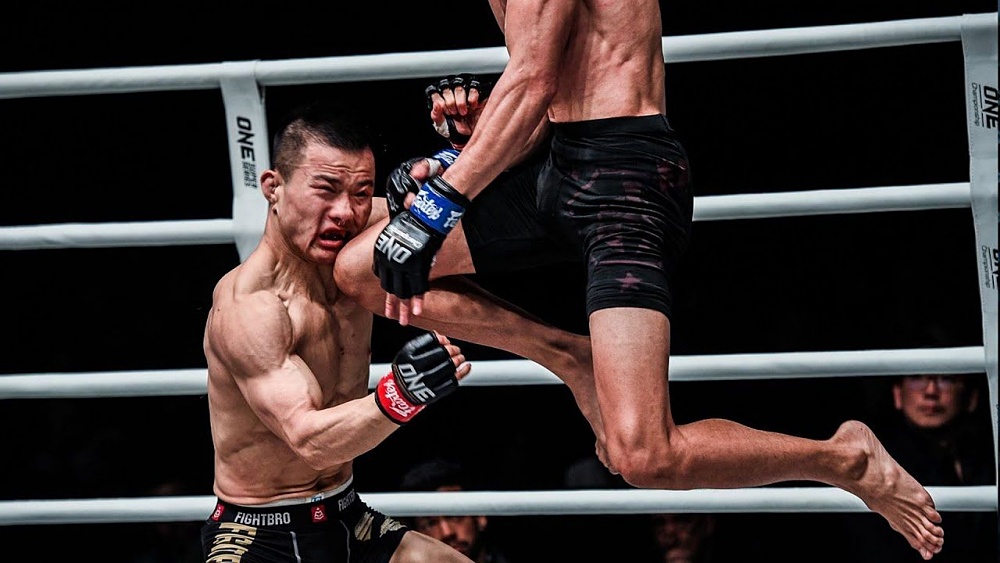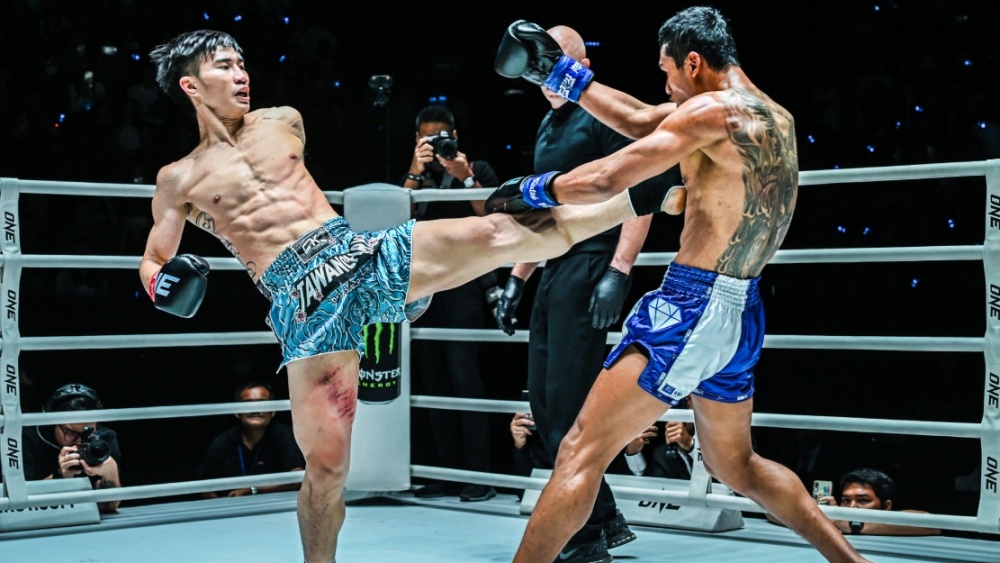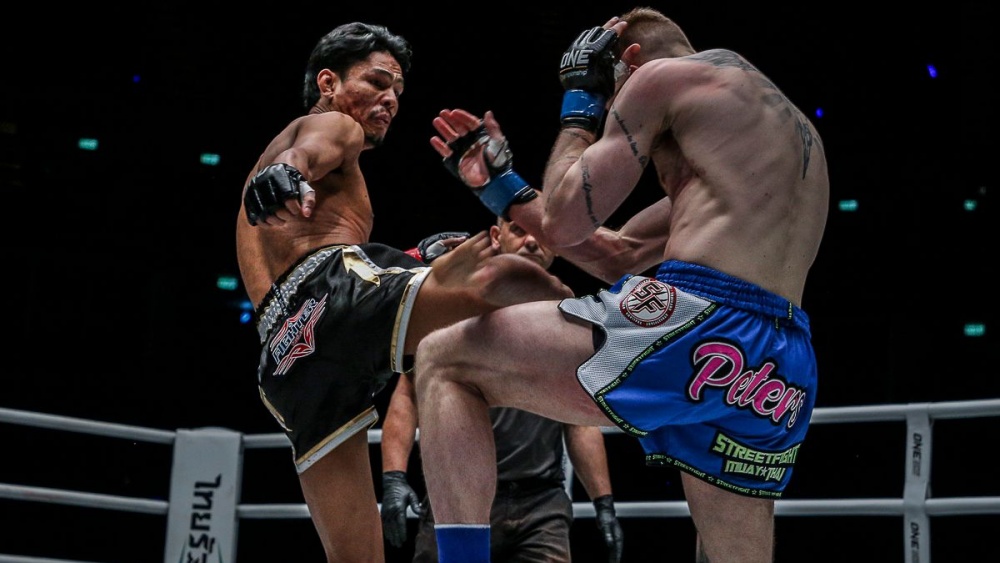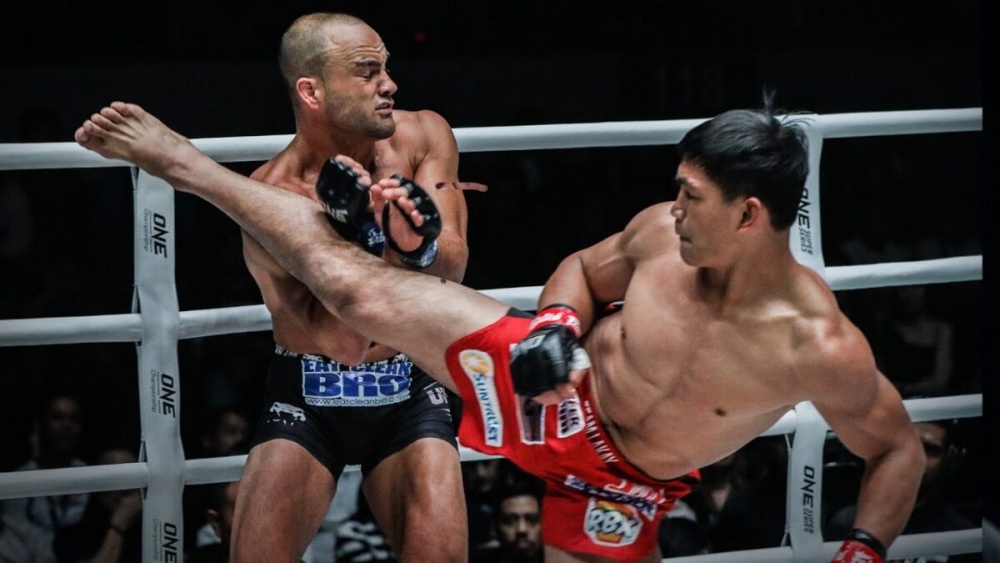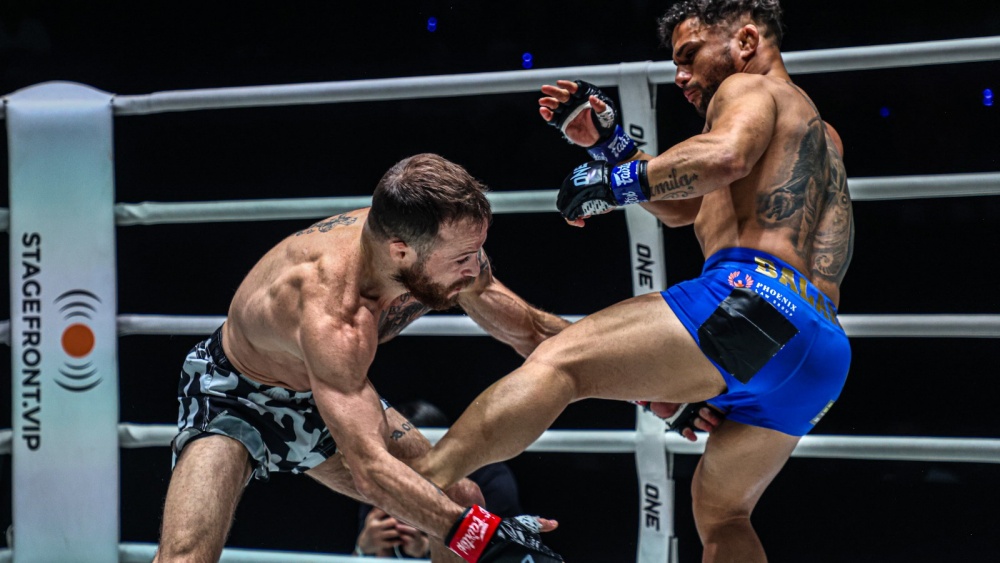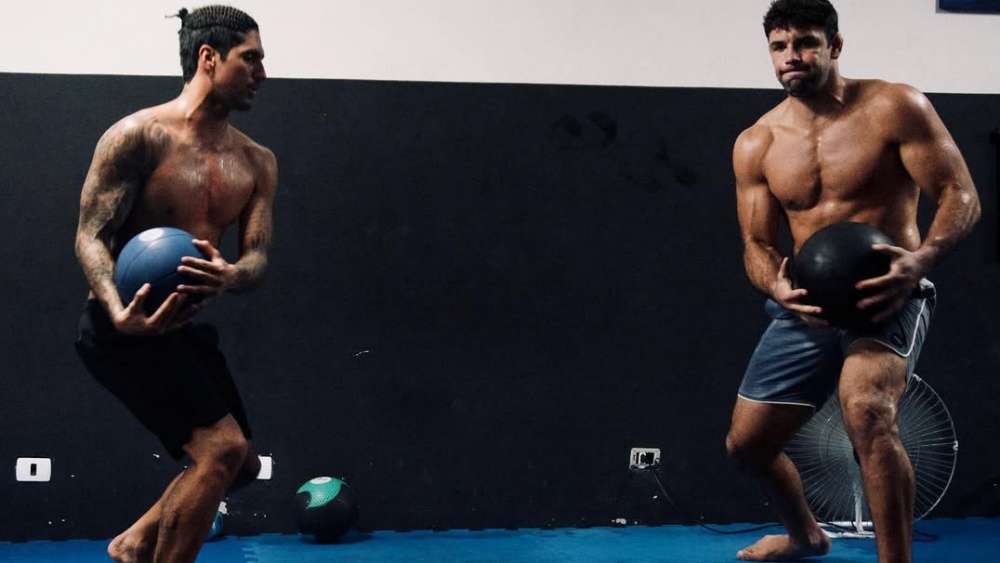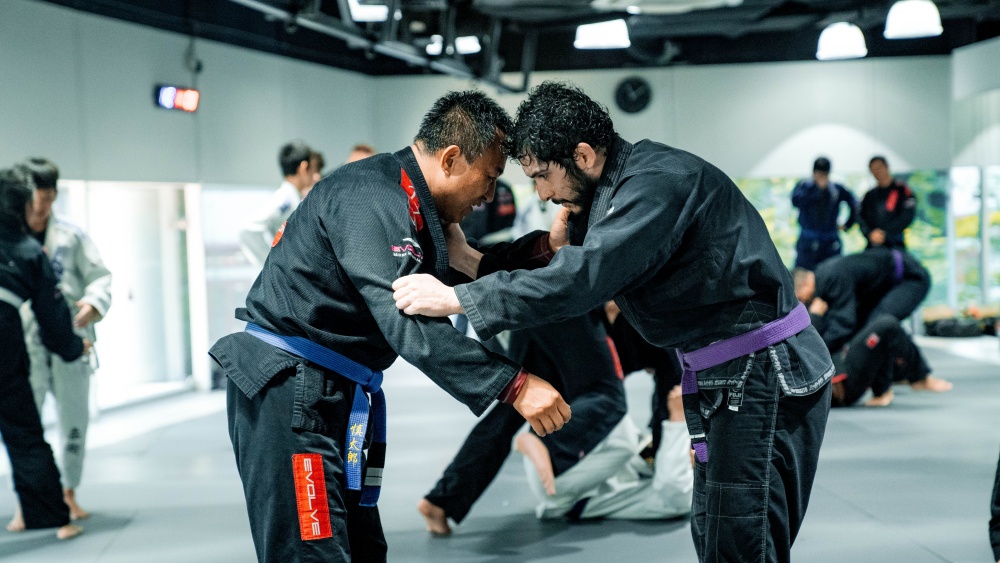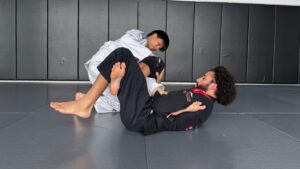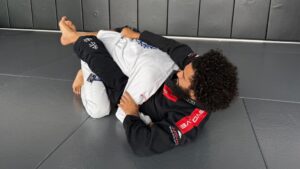Out of the Muay Thai’s eight weapons, the elbow is perhaps the most feared and revered by fans and fighters alike. The unpadded, sharp, and vicious strike can both cut and KO an opponent in an instant and sometimes, it takes just a single elbow to change the entire rhythm of a fight.
But, while elbows are effective and devastating, they can be incredibly difficult to land. Elbows require a short range, meaning those who throw them are often right in their opponent’s firing line and, if they aren’t set up properly, they are incredibly difficult to land.
In this article, we are going to explore 6 great ways to set up knockout elbows for Muay Thai. We’ll discuss this in two sections: setting elbows up from range and setting them up from within the clinch. These two unique Muay Thai positions provide different problems and opportunities for elbows and require a different approach.
So, if you are struggling to find a home for the point of your elbow through your opponent’s guard, they retreat from range before you can slice their scalp or, you find yourself locked into the clinch before you can let your arms fly, read on. We’ll give you everything you need to know in order to land KO elbows in Muay Thai.
1) Throw Punches In Bunches
One common issue fighters have when they’re trying to land a KO elbow is that their opponent knows that an elbow is coming. To land an elbow you need to be so close that it is impossible to land almost any other weapon effectively. Knowing this, any fighter with reasonable ring IQ will close their guard tight to their temples, in preparation for the devastating strikes.
A simple way to open your opponent’s guard is to punch first. Try throwing a fast combination from your hands to create openings. Straight punches down the middle, will draw your opponent’s hands closer together, exposing the sides of their temple, while looping hooks will draw their hands apart, creating room for an uppercut elbow down the center.
Punching first also obscures your opponent’s vision. They won’t be able to see past your gloves as they fly toward their face, so they are less likely to see you stepping into elbow range behind them, making it less likely for them to see your KO elbow coming.
2) “Strip” Your Opponent’s Guard
If punching alone isn’t enough to create an opening, you can always use your opponent’s tight guard against them by “stripping” it as you throw punches.
To strip your opponent’s guard simply throw a quick hand combination and, if your opponent doesn’t open their guard, purposely miss with your final punch, opening your hand to grab their forearm and then pull it back towards you. If your opponent’s guard is tight, not only will this create an opening for your elbow, but they will also be pulled towards you, doubling the power of your strike.
3) “Trap” Your Opponent’s Punches
Trapping your opponent’s punches can also be used to create openings for elbows. The technique is similar to parrying, but instead of redirecting your opponent’s attacking fist across your body, you pull it down. If you catch them at the edge of their range, your opponent will lose balance, falling forward into your awaiting elbow.
Superlek displays how to use this technique with devastating effect, trapping Haggerty’s lead arm to expose his head to secure his recent KO victory at ONE 168 in Denver.
4) Push Your Opponent Onto The Ropes
Evasive, counter-fighters can make it difficult for you to land elbows. They are experts at range management and are likely to retreat every time you try to step into elbow range. If this happens to you, a simple solution is to use your pressure and footwork to back them up into the corner or onto the ropes.
Once they are trapped, they won’t be able to use their evasive footwork to evade you and you can use your whole range of elbow-setting techniques to create the opening you need for a knockout elbow strike.
Tips For Landing Elbows In The Clinch
1) Go Low To Go High
Elbows and the Muay Thai clinch go together like peanut butter and jelly, but that doesn’t mean landing them is easy. Knowing that an elbow is imminent, many fighters will crowd their opponent, burying their head in close or locking their arms tight to stop their opponent from being able to land a clean shot.
The simple strategy to create the space for an elbow is to use the clinch’s other weapon: knees.
Targeting your opponent’s body will hurt and distract them from protecting themselves up top. After a few stabbing knees to the gut, many fighters will loosen their grip on you, or become distracted, creating the opportunity for a slicing elbow.
2) Arm Control
The first rule of the clinch is to always lock your hands.
This direction has been given to every Nak Muay who’s ever entered the ring and while it is certainly true, you may need to break this rule if you want to land a clean KO elbow from the clinch.
If you lock your hands and press yourself tight to your opponent, you inhibit your opponent’s ability to strike from in the clinch, but you also remove your ability to elbow. Therefore, if you are confident in your clinching ability, you can always release your grip on your opponent’s neck and control their arms instead. This provides plenty of opportunities for you to strip or trap your opponent’s gloves, creating openings for savage elbow strikes.
That being said, if you don’t know what you are doing, it can also leave you exposed to elbows and knee strikes so, unless you have trained arm control extensively, always lock your hands in the clinch.
The above video highlights a number of ways arm control in the clinch can be used to create openings for KO elbows.
You may also like:
